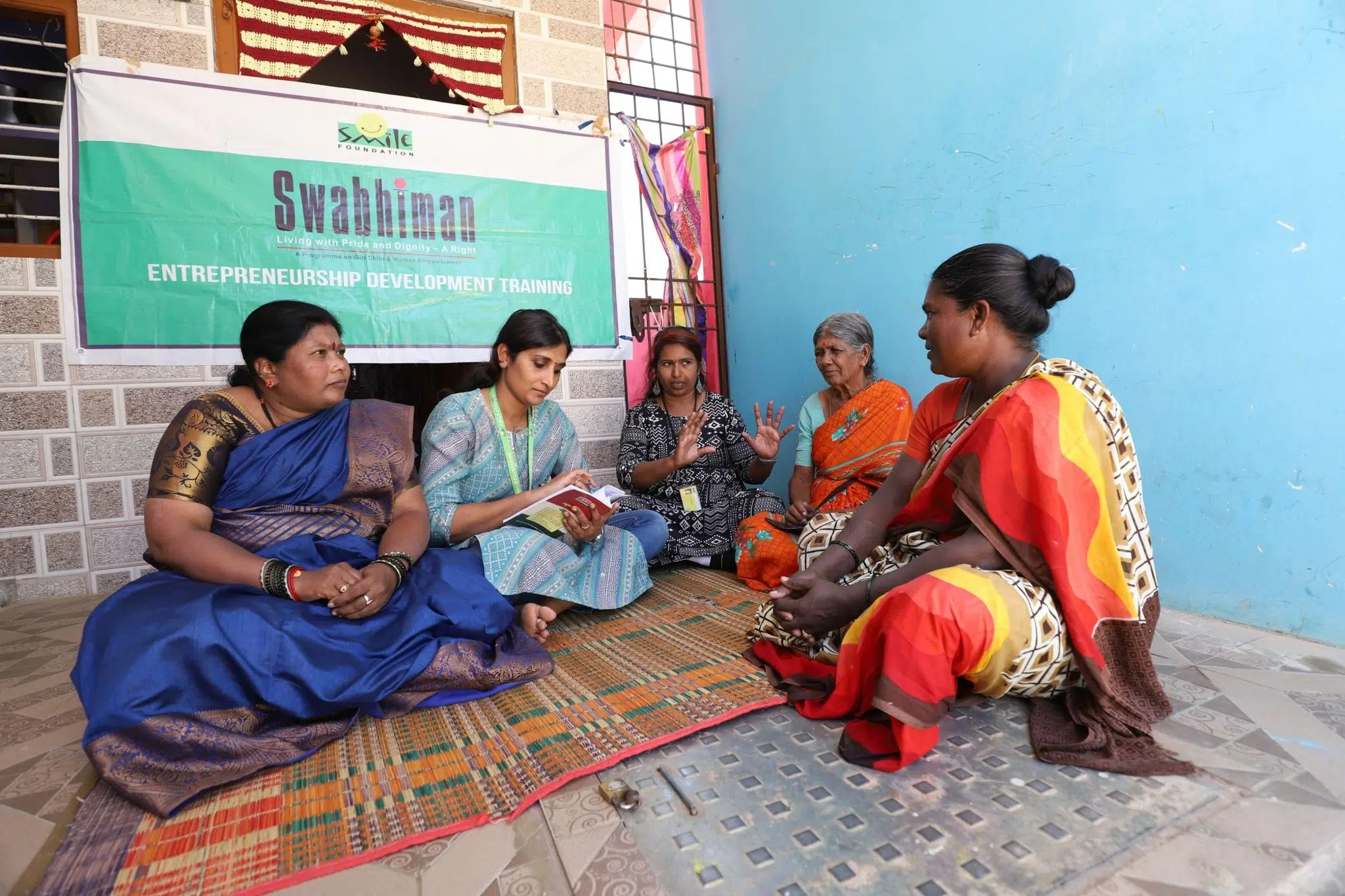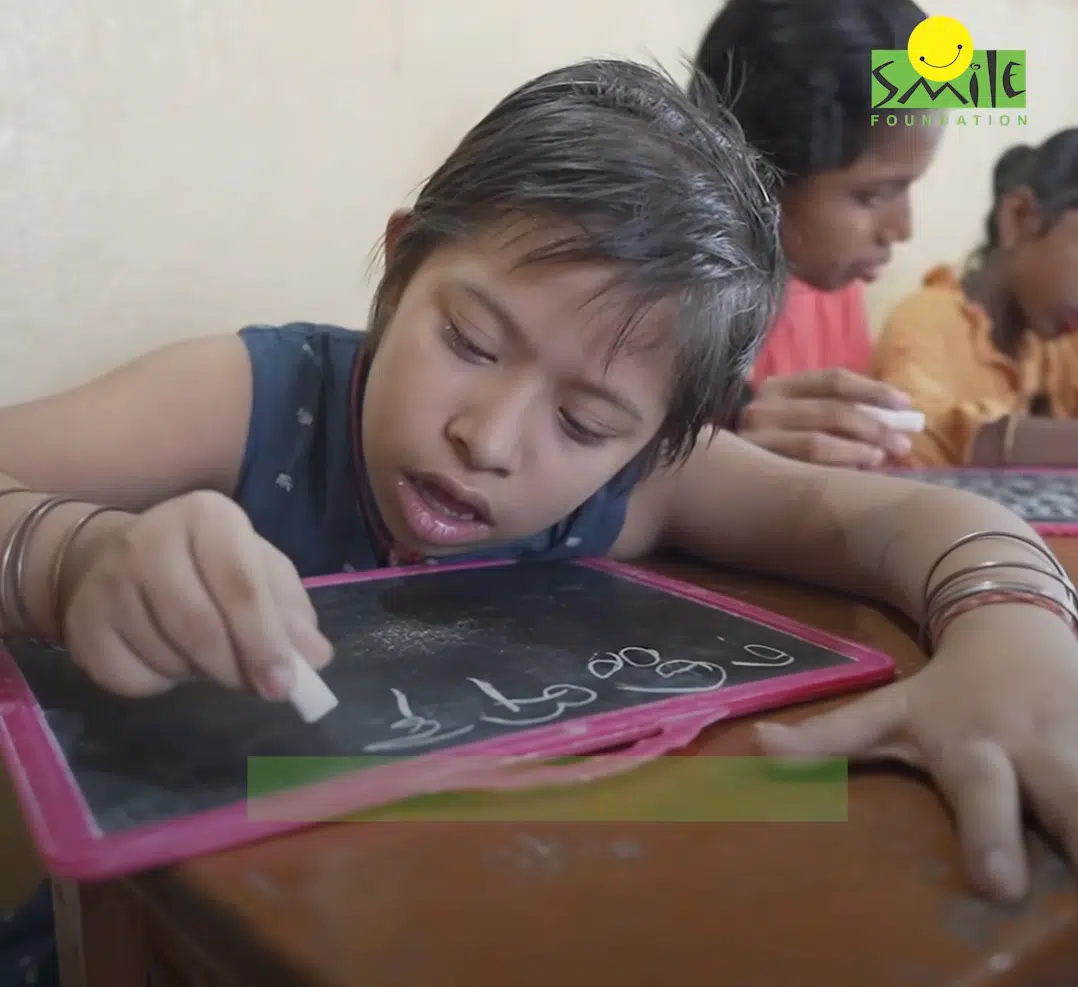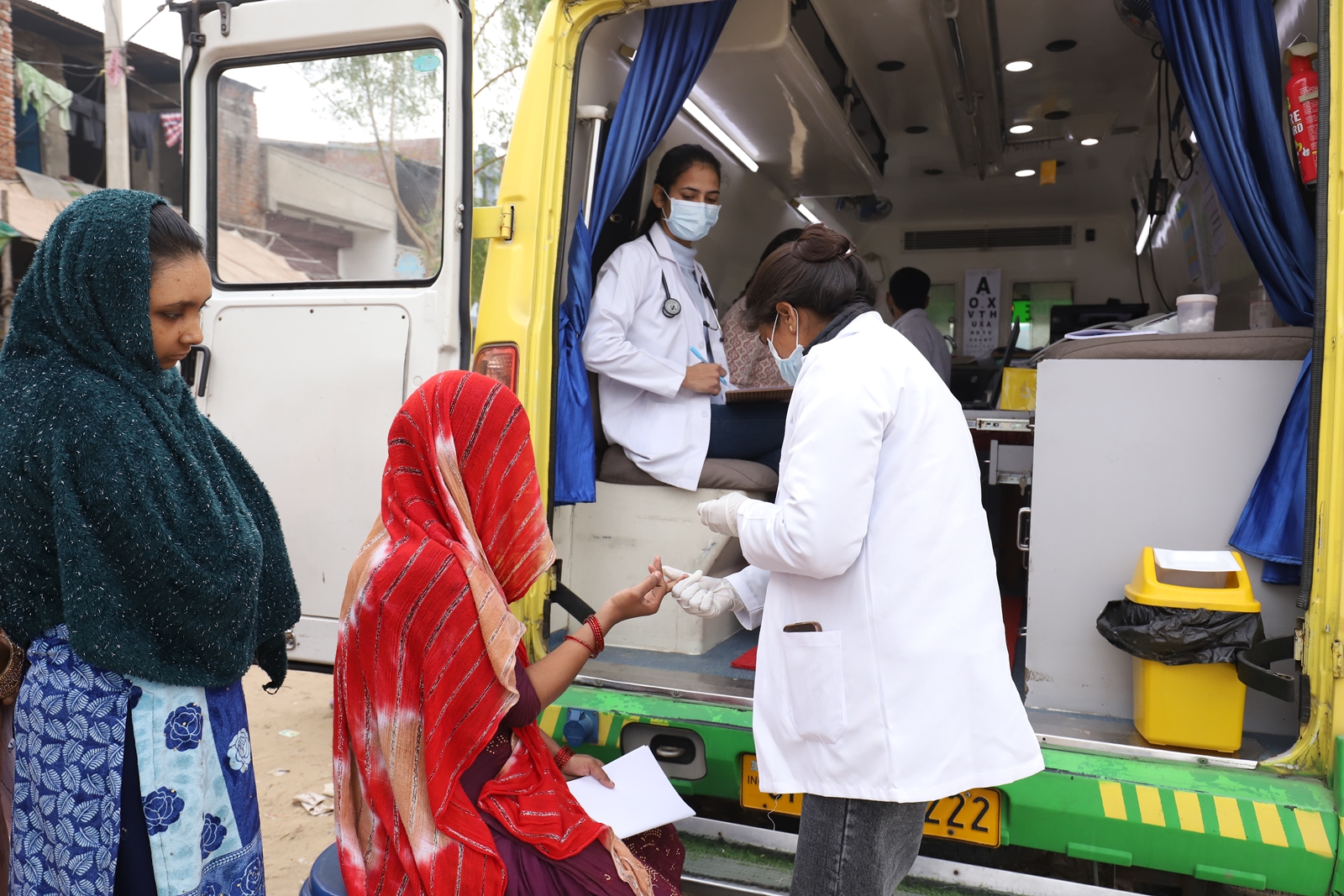As long as we can think back, children’s education was meant to be a shared activity. Teachers and children would spend a significant time of the day on school premises, and children would engage in a lot of other activities than just studying from their books. However, the COVID-19 pandemic threw all of our deep-seated beliefs for a toss. As schools shut down, e-learning became front and centre for all children. Children are now spending more and more time online, and it is more important than ever that we take care of the online safety of children.
What are some of the ways in which you can protect your children while they spend time online?
Spend time with them online
It is important that you spend time with your child online to guide them on their online habits. Create a safe and positive environment for your child in which they can have fruitful interactions with their friends and teachers. Help your child identify age-appropriate apps, games, and websites. Ensure that they know where and how to access digital resources, if they use the computer by themselves.
Familiarize yourself with the school’s policies for online learning. Get informed about helplines to report cyberbullying or inappropriate online content for your child.
Use technology to your advantage
Try to stay ahead of unsafe online environments. Use technology to protect your children rather than be scared of it. Install antivirus and latest updated software on the computer. Turn on privacy settings. You can even choose to activate the parental controls on the system. Tell your child to be cautious of online educational resources. Reliable online resources most often do not ask for a photo or full name.
Encourage healthy online behaviour and habits
Help them understand that they may need to adjust their habits to suit online interaction. Encourage your child to be kind and respectful to classmates. They should also be mindful of the clothes they wear for online classes and avoid joining calls from the bedroom. Spend time with your child to identify age-appropriate apps, games, and other online entertainment.
Monitor surfing habits for online safety of children
Children have been spending more and more time online. As a result, they are also exposed to more and a wide range of advertising. This may include unhealthy foods, gender stereotypes, or age-inappropriate material such as porn websites. Help them recognize links which they should not click on and how they can avoid negative messaging. Cybercriminals also try to take advantage of children’s unsuspecting nature and lure them into financial fraud schemes by making them give up their parents’ credit card information, etc.
In the current scenario, there is also a lot of misinformation about COVID-19 out there, which may become a source of anxiety for your child. Make sure that if your child is seeking COVID-related information online, she does so from reliable sources such as UNICEF and WHO.
Use of school email addresses
Most schools which are conducting classes online have created the necessary technological infrastructure to ensure online safety for children. They have created email IDs for each child, and only these IDs must be used to attend the classes. Using a personal email ID will be an invitation for cyber criminals to break through the security firewalls and access your personal information.
Counselling for online safety of children
In the digital world, children may be exposed to a variety of risk factors which could affect them mentally as well as physically. Children should be counselled about the following risks.
Inappropriate advances: Sexual ‘grooming’ and exploitation is rampant in the digital world. Children need to be warned about these risks when they use the Internet by themselves. Moreover, radical and extremist groups may also target children in an attempt to recruit them. Parents need to keep track of the interactions their children have online.
Inappropriate behaviour: Children need to be educated on what is appropriate and inappropriate behaviour towards them as well as by them. Adults may indulge in online exploitation or abuse of children. At the same time, children who are unaware may also share images of themselves on digital platforms which may be used in an inappropriate manner by predators. Teach your child to keep personal information private, especially from strangers.
Unsuitable content: Schools and institutions may recommend online resources for children. However, it is the parents’ responsibility to ensure that their children are not inadvertently exposed to unsuitable and irrelevant content.
Personal data misuse: Some platforms ask for students’ personal information. One should be extra careful while providing this information. There are cybercriminals who mine, misuse, and sell the data gathered online.
Give them the space to enjoy, express, and learn
Given the vast range of resources available online, children can move beyond the school curriculum and use the extra time at home in learning something they enjoy. This could be a skill such as coding, cooking, gardening, etc. or perhaps a foreign language. They can even indulge in physical activities such as yoga by watching online videos and tutorials.









